Seeing the Forest and Filling in the Blanks
By Stan Paul
For Susanna Hecht, the story of Amazonia is just that — mostly a story.
The popular notion of Amazonia as a void, or blank spot, on the map contrasts starkly with what has been the real story of the region unfolding over several centuries: extraction, depletion and destruction of its natural resources with very real global consequences from external and internal forces, according to the urban planning professor.
Hecht, who is director of UCLA’s Center for Brazilian Studies, has been working to fill that blank for more than five decades. Her efforts are being recognized this year as “one of the most influential figures in the disciplines of geography” by the American Association of Geographers.
“The Amazon is not for beginners. It’s complicated, it’s difficult, and it has a really rich history,” Hecht said about the region’s complex web of history and politics.
Currently completing her trilogy on Amazonia, Hecht’s next book has a foreboding working title, “This side of Paradise: From Arcadia to Apocalypse.”
The 1988 ratification of Brazil’s new constitution and the emergence and consolidation of a variety of new environmental laws and territorial rights in the region are a current focus. The constitution was developed with the active participation of Indigenous, afro-descendent and other traditional peoples. “It rewrote Amazonia’s conservation map through a complex of social movements (including rubber tappers and Indigenous populations) and the emergence of many new forms of tropical governance and allies at multiple levels,” she said.
“In many ways, it elaborated the idea of protected areas that could be inhabited by people,” said Hecht, noting that the so-called socio-environmental period produced a drop in deforestation by 80% in just over a decade.
But tragically, powerful counterforces were also on the move reflecting new market geopolitics, including foreign demand for soy, beef, timber and minerals. Amid economic decline and the rise of clandestine economies throughout the Amazon biome, “failed and flailing states lost interest in Amazon governance by political default, incompetence or corruption.”
Today, planetary scientists consider Amazonia as perhaps the only place where human action to protect forests could have a significant benefit.
“We know from past geoclimatic studies that Amazonia is one of the great planetary levers —that’s why it’s one of the five key tipping points in global climate,” she explained.
“An Amazonia that flips from a forest to a savanna would not only be devastating for the Amazon and its adjacent bioclimatic systems, but it would also be a carbon bomb, and dramatically affect teetering global climates.”
Hecht hopes that worst-case scenario never comes to pass, but “I am writing this book with a great sense of urgency. Euclides da Cunha called Amazonia ‘the last unfinished page of Genesis.’ I’m leaving the last page of the book intentionally blank.”
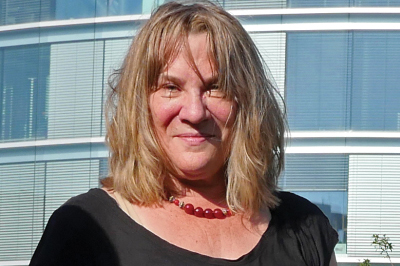

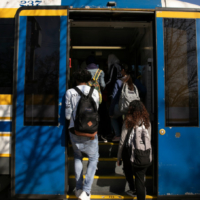
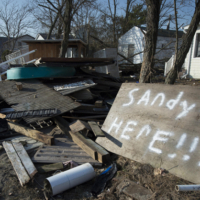
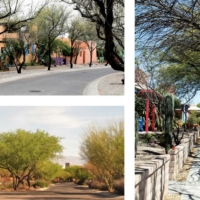
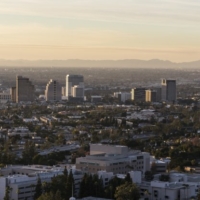




Leave a Reply
Want to join the discussion?Feel free to contribute!